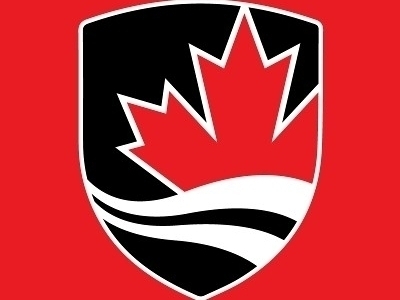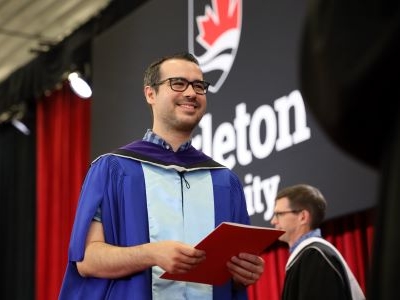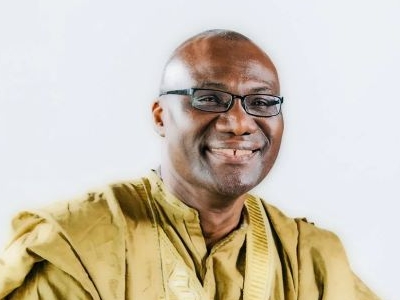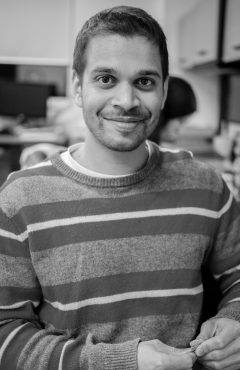 Burhan Terai has always been fascinated with movement – in the human body, in nature, and in the complex machines designed to improve our lives.
Burhan Terai has always been fascinated with movement – in the human body, in nature, and in the complex machines designed to improve our lives.
This fascination led Terai to complete his Master of Applied Science in Mechanical Engineering in February 2017. He plans on attending convocation on June 15 to accept his degree.
“I love learning about the mathematical and physical principles governing movement in all of these aspects. As such, mechanical engineering was a natural choice to satisfy my curiosity,” explained Terai.
Terai’s research focused on the acute and chronic musculoskeletal injuries that rescue and military personnel experience when using high speed marine crafts.
“I was first introduced to research areas in shipboard motions and postural stability at the Applied Dynamics Lab while taking undergraduate dynamics courses with my supervisors (Professor Robert Langlois and Professor Fred Afagh), and during my fourth year project on the Carleton University Simulator Project (CUSP) with Professor Langlois,” said Terai.
After his second year, Terai was able to get a volunteer opportunity at the Advanced Biomechatronics Lab with PhD. student Ali Morbi whose research in biorobotics and haptics gave Terai his first exposure to mechatronics systems and applications in dynamics and controls.
“That opportunity early in my engineering career had a large impact in shaping my interests and decision to continue further studies after graduation,” said Terai.
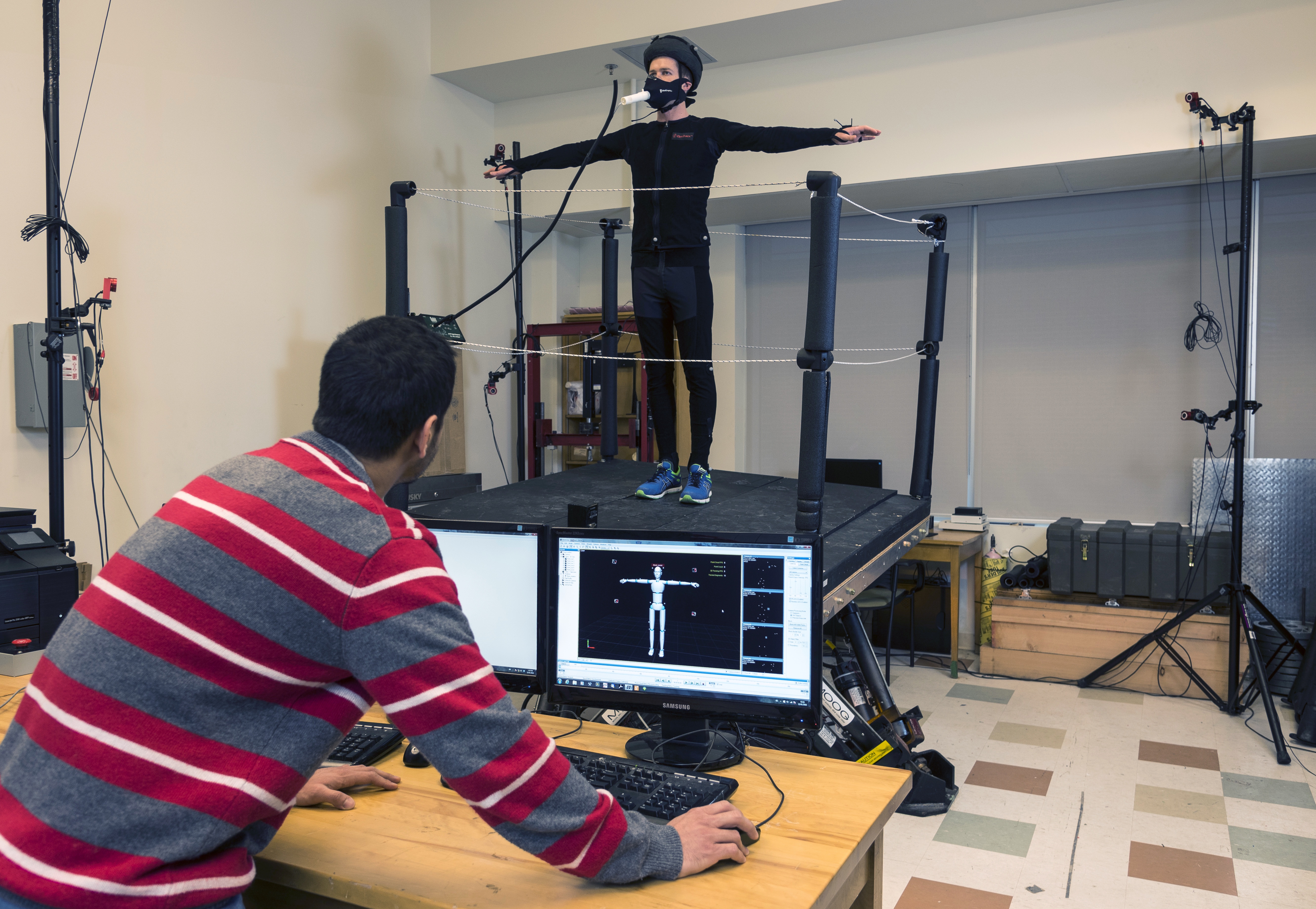
To conduct his research Terai collected data from human participants in a lab, simultaneously measuring their muscle activity and joint movements.
“Overall, the data collection process was certainly a lot of fun,” said Terai.
Terai hopes that his research will support future investigation of injury criteria and serve as an operational planning tool to minimize the risk and incidence of injury.
“This program not only offered technical knowledge in an interesting field, but also gave me the opportunity to discover what I was passionate about,” said Terai.
Terai’s family made a decision to emigrate to Canada in 1999 in order to provide a better education and future for Terai and his brother.
“Looking back, I’ve been very fortunate to have had that privilege, which made the choice for further studies an easy one with the financial pressures being lifted by a supportive family,” said Terai.
Terai’s thesis included a moving dedication to his wife and family.
“During my Master’s studies, my wife and family have continually motivated me in overcoming many of the challenges throughout,” said Terai.
“Being a student is difficult at times, and having a family to alleviate many of the pressures and share responsibilities has had a large impact in successfully completing my studies.”
Terai was also thankful for the help of his supervisors, Professor Robert Langlois and Professor Fred Afagh.
“They’ve always fostered an environment where I could approach them with problems, eager to learn about the intricacies of my research developments and have been open to new approaches. Opportunities like that are rare,” said Terai.
Terai recently started working at Ross Video as a Robotics Software Developer working on motion control systems.
–Written by Mitch Jackson
Wednesday, April 12, 2017 in Convocation, Grad Student Research, News
Share: Twitter, Facebook
